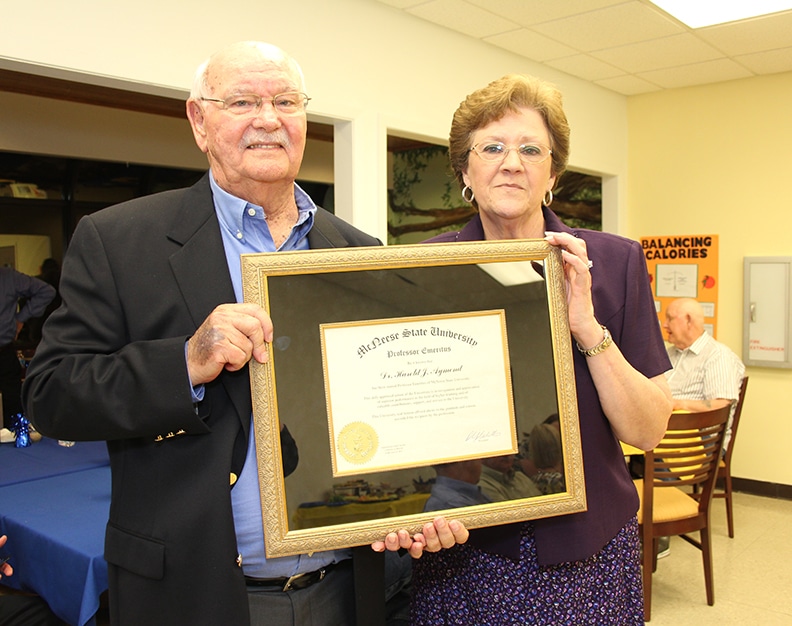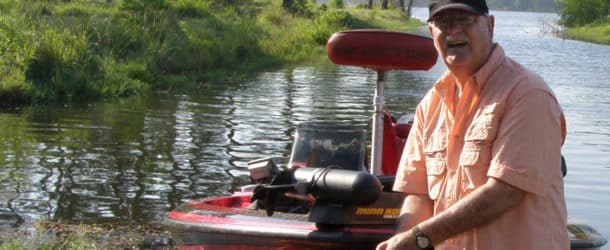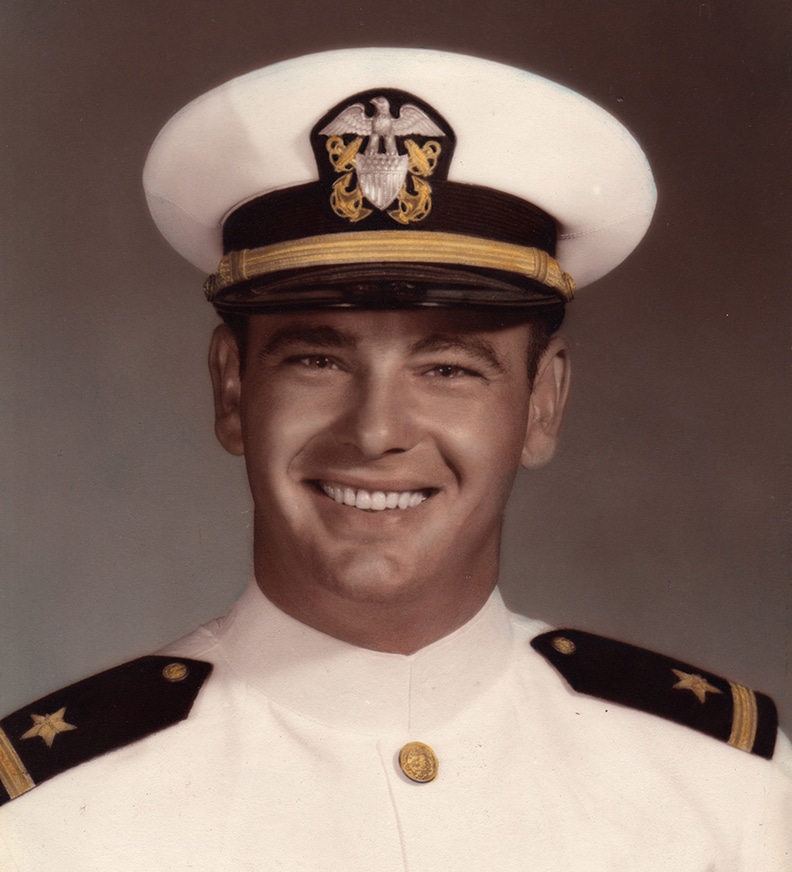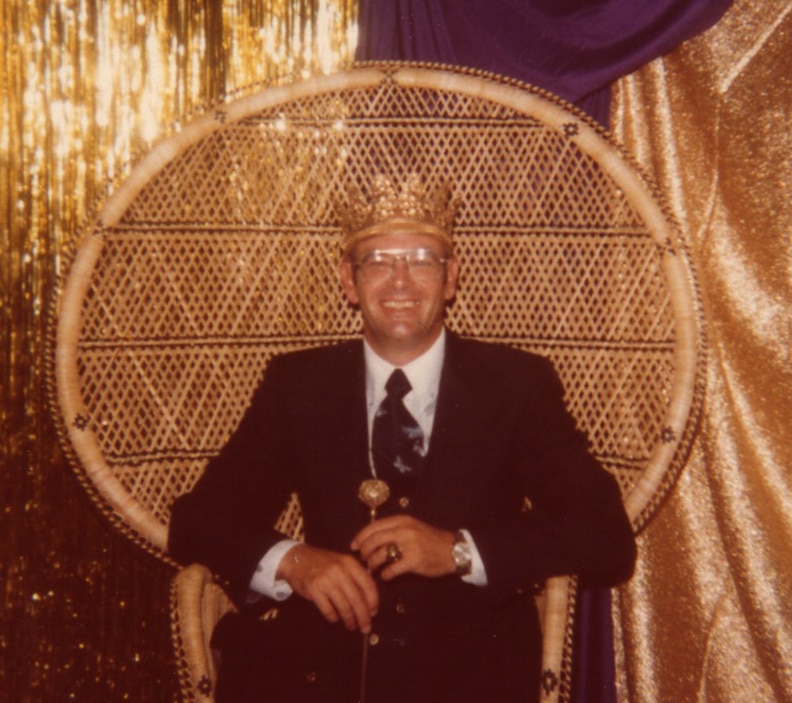A Story Of Survival
By Kerri Cooke
One of the most uncomfortable questions the DMV asks when you get your driver’s license renewed is if you would like to be an organ donor.
Many thoughts can race through our minds when we’re asked that question. We are forced to think about what happens if we die before our time. Some people jump at the opportunity to be able to give back if they die. Others can feel strange that doctors will take their organs when they die. But then they can feel selfish to be possibly denying a person a chance at life in the case of tragedy.
Harold Aymond, a recipient of a transplanted heart, suggests that people think of organ donation as a means of saving lives rather than shortening their own.
Aymond has been able to live many years due to a young man who decided to be an organ donor and happened to die one Labor Day.
Aymond will have lived with a donated heart for 26 years in September. That’s one of the longest survival periods in the United States.
Aymond’s journey began when he had a major heart attack when he was only 34 in 1976. Two years later, he had an aneurism in the left ventricle of his heart. He was able to have surgery and a bypass for this problem, and remained stable for 13 years.
One day, Aymond, who was a McNeese agriculture professor, was out in a field checking rice when he started feeling bad. He made an appointment with a cardiologist, who told him his heart was starting to fail.
Aymond was put on the transplant list and moved to Houston to await the results.
Then things rapidly got worse. He had to be taken to the emergency room. The hospital had to do many things just to keep him alive in the hope of a transplant. Finally, on Sept. 11, 1991, a heart was found for him.
This heart transplant has given him a second chance at life, and Aymond says that he thanks God every day for the opportunity to be alive. A new heart meant Aymond could go back to work full time until he retired in December, 2005.

Aymond (with wife Carolyn) was granted Professor Emeritus status by McNeese State University in 2012.
He has been able to bass fish at Toledo Bend, as well as deer, squirrel and duck hunt. The outdoors is very important to him, and he’s been able to do the things he loves for far longer that it seemed he would when he was on the transplant list.
However, this isn’t the end of the story. Aymond was doing great. But three years ago, he learned his kidneys were failing. Since a person who has had a transplant needs to be on immune system suppressants for the rest of his life, the medicine that had allowed him to keep his life for more than two decades was now having the opposite effect on his body.
Aymond says that the immune system suppressants from 25 years ago were not as advanced as they are now. His older medication was very hard on his kidneys, which is why he now has to have dialysis three times a week.
Despite all the hard times and this new diagnosis, Aymond is thankful for dialysis because it keeps him living another day.

Aymond encourages everyone to become an organ donor on their license. He urges people to talk to their family about their decision, since in the case of death, the family has the right to allow the organs to be used or not. If you tell your family about your wishes, then they are much more likely to be followed if that time comes.
Also, Aymond encourages anyone who needs a transplant to take the steps to get one, as it greatly enhances one’s quality of life.
Organ donation is not about death, but life. A tragic event does not depend on whether a person is an organ donor or not. But the tragic event can be turned into something worthwhile through organ donation.
There are many people, including children, who are not blessed with healthy organs. Most parents would give up their lives for their children. Every person is someone’s child, and everyone is important. All that remains to be said is if you could give the gift of life after you died, would you?

















Comments are closed.